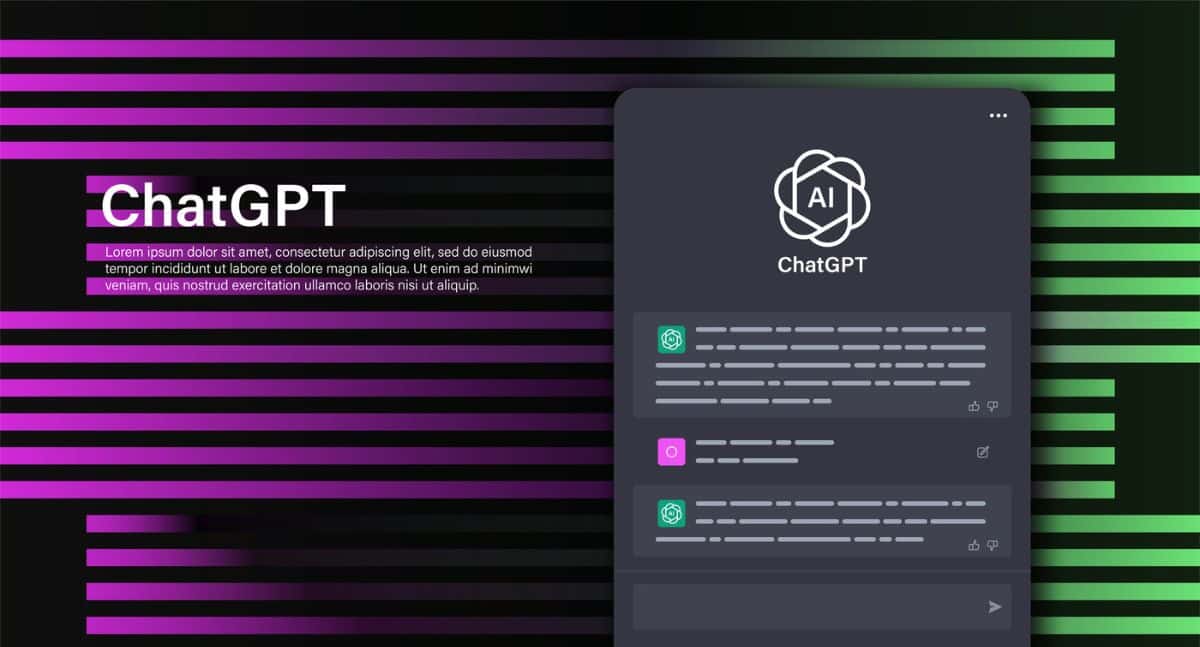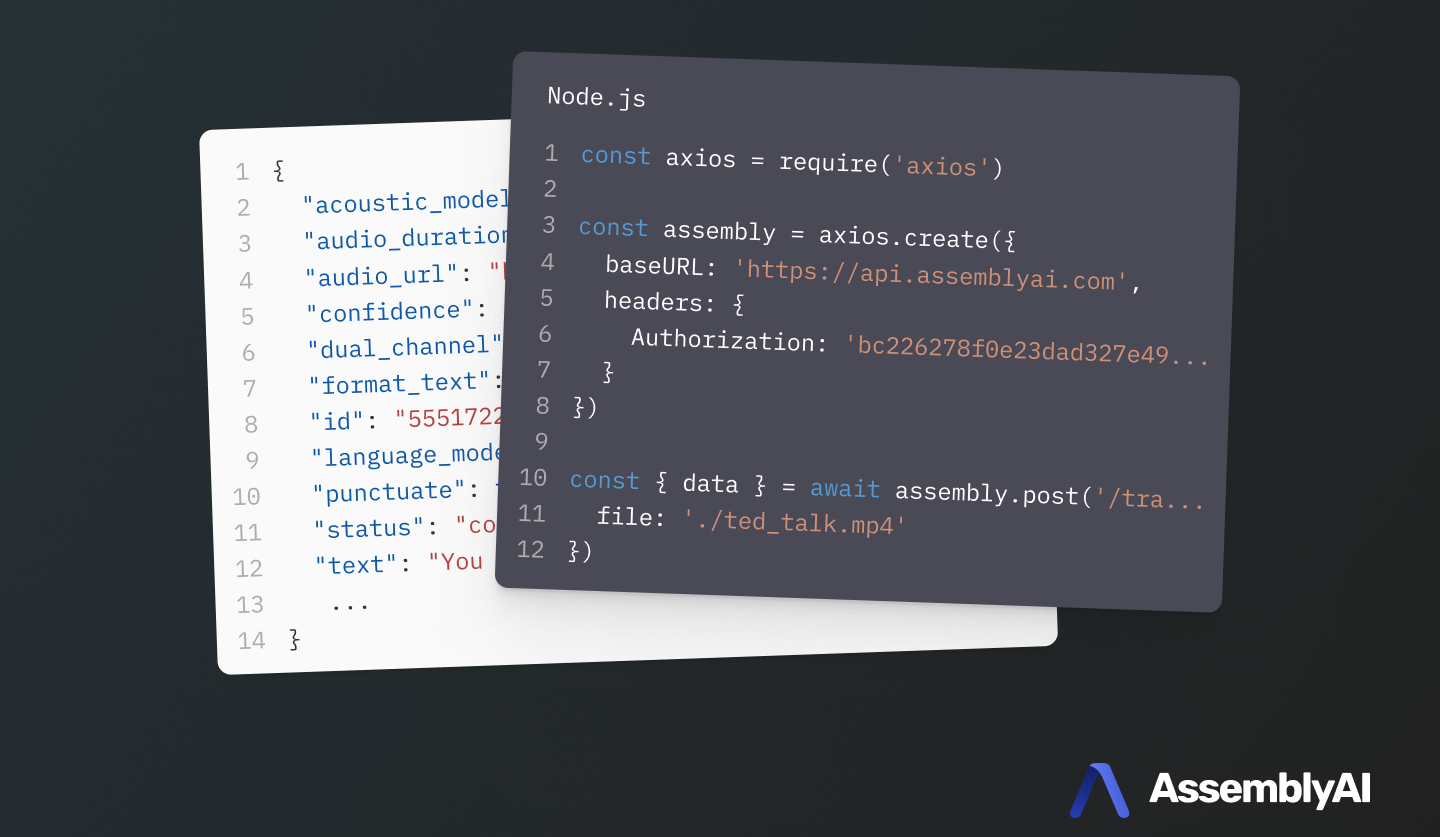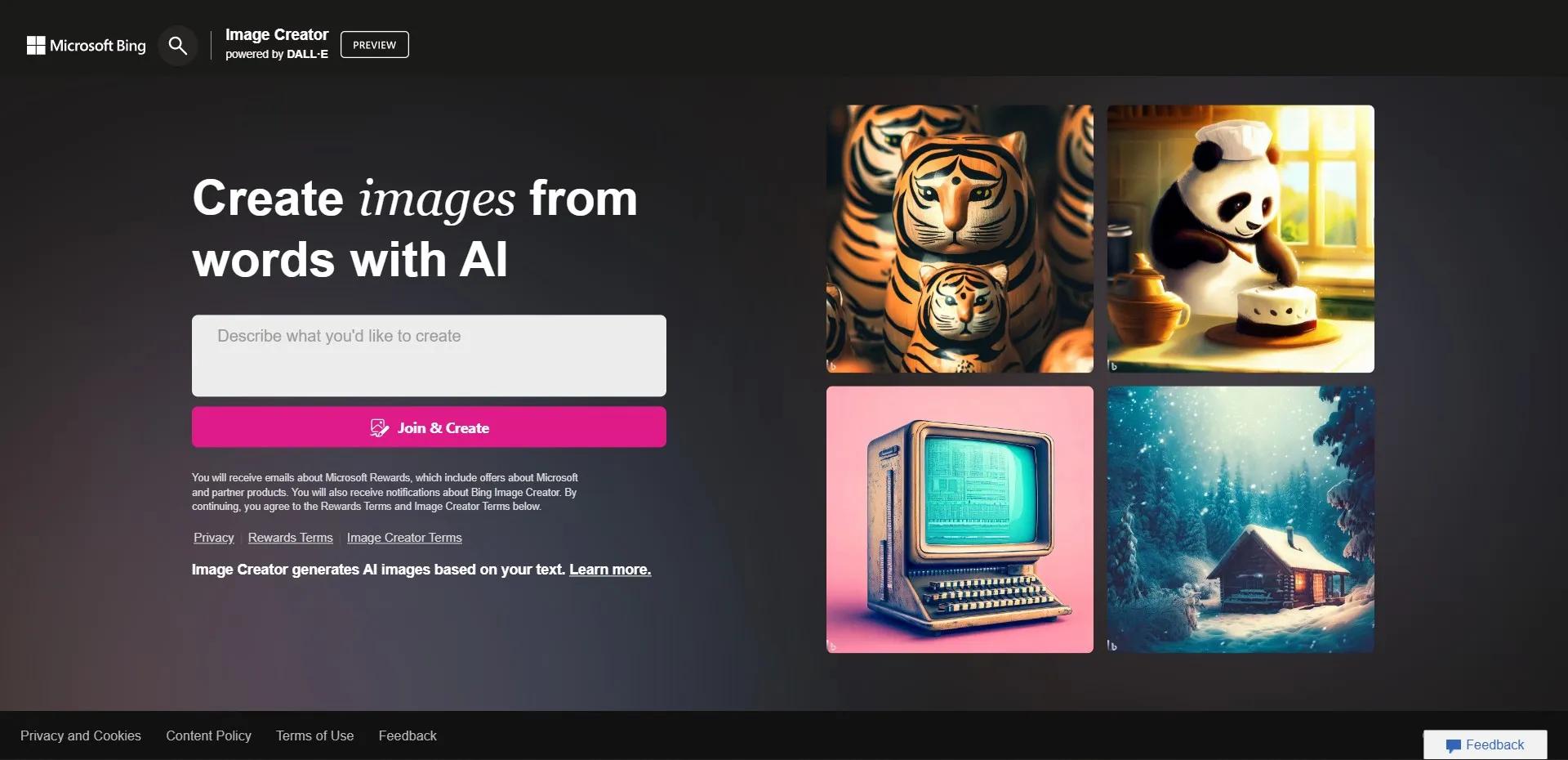Table of Contents
In today's fast-paced and competitive world, maximizing productivity has become a priority for individuals and businesses alike. With the ever-evolving landscape of technology, harnessing the power of AI has emerged as a game-changer in achieving peak productivity. From automating repetitive tasks to providing data-driven insights, AI tools have revolutionized the way we work and opened up new possibilities for innovation and efficiency. In this article, we explore a curated selection of the best AI tools that can elevate your productivity to unprecedented heights. Discover how these tools can empower you to streamline workflows, make smarter decisions, and unlock your full potential in the realm of artificial intelligence. Get ready to embark on a transformative journey as we unveil the tools that can propel your productivity to new peaks.
Listing all tools:
- ChatGPT (OpenAI)
- Bard (Google)
- Notion AI (Enhance Productivity)
- Bing (AI-Powered Search Engine)
- AssemblyAI (Automatic Speech Recognition)
- DALL·E (Image Generation and Understanding)
- Bing Image Creator (Powered By DALL.E)
- Lexica.art (Image Generation and Understanding)
- Resemble.ai (Voice Cloning and Synthesis)
#1. ChatGPT (OpenAI)
ChatGPT, developed by OpenAI, is a groundbreaking AI tool that has taken the world of conversational AI by storm. Powered by the advanced GPT-3.5 architecture, ChatGPT is designed to engage in natural and dynamic conversations with users, providing intelligent responses and valuable insights. Whether you're looking for assistance, brainstorming ideas, or seeking creative solutions, ChatGPT serves as a virtual assistant, capable of understanding and generating human-like text. With its ability to comprehend context, learn from interactions, and adapt to various domains, ChatGPT opens up a world of possibilities for businesses and individuals alike. Experience the power of ChatGPT as it enhances productivity by providing intelligent, on-demand assistance and driving innovation in the field of conversational AI.

Virtual Assistant: ChatGPT can serve as a virtual assistant, helping you automate tasks, answer queries, and provide information on demand. Instead of spending time searching for resources or solutions, you can rely on ChatGPT to quickly provide relevant information, saving you valuable time and effort.
- Content Generation and Editing: Writing content can be time-consuming and challenging. ChatGPT can assist in content generation by providing suggestions, refining drafts, or offering alternative wording. It can serve as a reliable writing companion, enhancing the quality and efficiency of your written communication.
- Research and Information Gathering: ChatGPT can act as a research assistant, quickly scouring the web for relevant information, summarizing articles, or extracting key insights from large datasets. This can be particularly useful for tasks that require data analysis, literature review, or staying updated with the latest information in a specific domain.
#2. Bard (Google)
BARD, an AI writing assistant, is a powerful tool that empowers writers to enhance their productivity and craft compelling content. Built on advanced natural language processing algorithms, BARD assists writers at various stages of the writing process, from brainstorming ideas to refining drafts.
![[video-to-gif output image]](https://cdn.sanity.io/images/5fcyb7cy/production/523a9237935ce3f1bd07130fcafa104e41dd7659-600x338.gif)
- Idea Generation: BARD can help overcome writer's block by generating topic suggestions based on keywords or prompts provided. It explores a vast database of information to inspire fresh ideas and creative angles, kick-starting the writing process.
- Writing Assistance: When drafting content, BARD provides real-time suggestions to improve sentence structure, grammar, and readability. It helps enhance the flow of writing, ensuring clarity and coherence, and reducing the need for extensive editing.
- Content Expansion: If you need to expand on a specific point or add more depth to your writing, BARD can suggest relevant examples, statistics, or supporting evidence. This feature saves time on research and enhances the credibility and richness of your content.
#3. Notion AI (Enhance Productivity)
Notion AI is a writing assistant that can help you write, brainstorm, edit, summarize, and more. It is powered by artificial intelligence (AI) and is integrated directly into Notion, so you can use it to improve your notes and documents without having to switch to a separate tool.

- Summarize content: Notion AI can summarize existing content, extracting key points in a high-level summary. This is handy for quickly recapping research proposals, product specs, or meeting notes.
- Brainstorm ideas: Notion AI can help you brainstorm ideas by generating lists of related words and phrases. This can be helpful when you're stuck on a project or need to come up with new ideas.
- Write better content: Notion AI can help you write better content by suggesting edits and improvements. It can also help you find the right words and phrases to express your ideas.
- Automate tasks: Notion AI can automate simple tasks, such as creating to-do lists or generating meeting agendas. This can free up your time so you can focus on more important things.
Notion AI is still under development, but it is already a powerful tool that can help you be more productive and creative. If you use Notion, I encourage you to give Notion AI a try.
#4. Bing (AI-Powered Search Engine)
Bing, a widely recognized search engine, harnesses the power of AI to enhance productivity and provide users with an efficient and intelligent search experience. With its advanced algorithms and machine learning capabilities, Bing offers several features that optimize search results and deliver relevant information quickly.
#5. AssemblyAI (Automatic Speech Recognition)
AssemblyAI is an exceptional AI-powered tool that focuses on Automatic Speech Recognition (ASR), transforming the way audio content is transcribed and processed. With its cutting-edge technology, AssemblyAI offers a range of features that enhance productivity and efficiency when working with spoken language. Its deep learning models ensure accurate transcription of audio recordings into written text, eliminating the need for manual transcription and saving valuable time and effort.

With real-time transcription capabilities, AssemblyAI enables users to receive live transcripts as audio is being spoken, making it ideal for live events, webinars, and conference calls. It also supports multiple languages and provides customization options, allowing users to train models specific to their industry or domain for even more accurate transcriptions. AssemblyAI's speaker diarization feature distinguishes between multiple speakers in an audio recording, simplifying the process of identifying and tracking individual speakers in interviews or group discussions.
Additionally, AssemblyAI automatically adds timestamps and punctuation to transcriptions, improving readability and facilitating easy navigation within the text. Its powerful API allows for seamless integration into various applications and platforms, enabling developers and businesses to incorporate AssemblyAI's ASR capabilities into their own software. With AssemblyAI, users can transcribe and process audio content accurately and efficiently, unlocking new possibilities for productivity and innovation in various industries and use cases.
#6. DALL·E (Image Generation and Understanding)
DALL·E, developed by OpenAI, is an extraordinary AI model that pushes the boundaries of image generation and understanding. By combining the power of deep learning and generative models, DALL·E can create unique and imaginative images based on textual descriptions.
Using DALL·E, users can provide textual prompts describing an image concept, and the model will generate a corresponding image that matches the description. This capability opens up a world of creative possibilities, enabling artists, designers, and content creators to visualize their ideas without needing manual illustration or photography.

What makes DALL·E even more remarkable is its ability to understand and apply context to the given prompts. It can infer relationships, interpret complex descriptions, and generate images that capture the essence of the input text. This feature offers great potential for various applications, such as graphic design, storytelling, and visual communication.
#7. Bing Image Creator (Powered By DALL.E)
Bing Image Creation is a new feature from Microsoft that allows you to create custom images using artificial intelligence (AI). With Bing Image Creation, you can simply type in a description of what you want your image to look like, and Bing will generate a high-quality image based on your description.

Bing Image Creation is powered by the same AI technology that powers other Microsoft products, such as Bing Search and Bing Maps. This means that Bing Image Creation can understand complex descriptions and generate images that are both visually appealing and accurate.
To use Bing Image Creation, go to the website and start typing in your description. You can describe the image in any way you like, including the colours, objects, and people that you want to see in the image. As you type, Bing will generate a preview of the image so that you can see how it is coming along.
Once you are happy with the preview, you can click on the "Create Image" button to generate the final image. The image will be saved to your computer, and you can then use it for any purpose you like.
#8. Lexica.art (Image Generation and Understanding)
Lexica.art is a new AI-powered art generator that allows users to create custom images in a variety of styles. The platform uses a large language model to generate images based on user input, such as keywords, descriptions, and styles. Lexica.art is still in beta, but it has already generated a wide range of impressive images, including portraits, landscapes, and abstract art.

Lexica.art is a powerful tool that can be used to create stunning images. It is perfect for artists, designers, and anyone who wants to experiment with different art styles. The platform is still under development, but it has the potential to revolutionize the way we create art.
#9. Resemble.ai (Voice Cloning and Synthesis)
Resemble.ai is an exceptional AI tool that specializes in voice cloning and synthesis, revolutionizing the way we interact with audio content. Leveraging powerful deep learning algorithms, Resemble.ai enables users to create custom voices that sound realistic and human-like.
With Resemble.ai, users can clone their own voice or create new voices by training the system on a set of voice samples. This opens up a range of applications, from voice-over work and dubbing to personalized virtual assistants and character voices in gaming and animation.
One of the key strengths of Resemble.ai lies in its ability to capture the nuances and unique characteristics of a person's voice. Whether it's tone, pitch, or pronunciation, the tool ensures an impressive level of accuracy, resulting in synthesized voices that closely resemble the original speaker.

Moreover, Resemble.ai provides an intuitive and user-friendly interface, making it accessible to a wide range of users. The platform allows for the customization of voice attributes, such as age, gender, and accent, providing flexibility and control over the synthesized voices.
The potential applications of Resemble.ai are vast and varied. Businesses can utilize it for creating personalized voice experiences in customer service interactions, virtual assistants, and interactive voice response systems. Content creators can employ it to generate lifelike voices for podcasts, audiobooks, and video productions. Additionally, Resemble.ai holds promise in the accessibility space, enabling individuals with speech impairments to express themselves using their own synthesized voices.
#Conclusion
In conclusion, the realm of AI tools has proven to be a game-changer in enhancing productivity and unlocking new possibilities across various domains. From the advanced natural language processing of ChatGPT to the creative image generation of DALL·E, and the voice cloning capabilities of Resemble.ai, these tools showcase the incredible advancements made in artificial intelligence.
These AI tools empower individuals and businesses to streamline tasks, save time, and achieve higher levels of efficiency. Whether it's automating repetitive processes, generating creative content, or understanding and manipulating audio and visual data, these tools provide valuable assistance and expand the boundaries of what is possible.
Furthermore, the continuous development and innovation in the AI landscape promise even more exciting advancements in the future. As technology progresses, we can expect AI tools to become even more refined, versatile, and accessible, enabling individuals and organizations to leverage the power of AI to drive productivity, innovation, and success.
As we continue to explore the vast potential of AI tools, it is essential to harness their capabilities responsibly and ethically, ensuring that we use them to augment our abilities and create a positive impact. With the right approach, AI tools can serve as valuable companions, assisting us in our endeavours and propelling us towards a more productive and innovative future.